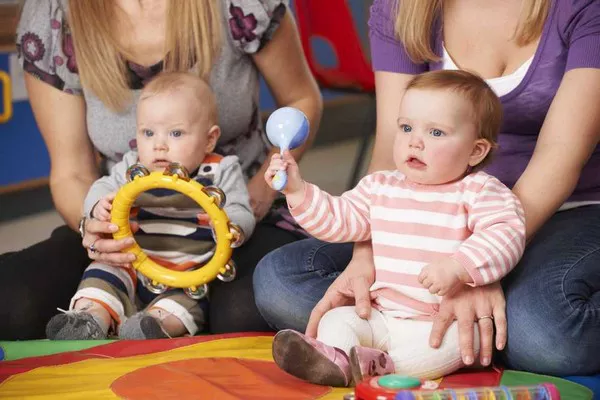Welcoming a newborn into the world is a joyous occasion, but it comes with its own set of challenges, especially for first-time parents. One such challenge is ensuring the comfort and well-being of the baby during and after feeding. One common discomfort experienced by newborns is trapped air, which can lead to fussiness, gassiness, and general discomfort. This is where burping becomes essential. Burping is the process of helping a baby release the air trapped in their stomach, thus reducing discomfort and potential spit-up.
When to Burp Your Newborn:
Understanding when to burp your newborn is crucial for their comfort and digestion. For breastfeeding mothers, it’s recommended to burp the baby when switching breasts or after the feeding session is complete. If bottle-feeding, burping should occur every 2-3 ounces of formula or whenever the baby takes a break during feeding.
How Long to Burp:
There isn’t a strict rule regarding the duration of burping a newborn, as every baby is different. However, a general guideline is to try burping for a few minutes after each feeding session. Some babies may burp quickly, while others may require more time and patience. It’s important to remain calm and gentle during the process. If the baby doesn’t burp after a few minutes, don’t force it. Simply resume feeding and try again later.
Burping Techniques:
There are several burping techniques that parents can try, depending on their comfort and the baby’s preference. One common method is holding the baby upright against the parent’s shoulder and gently patting or rubbing their back. Another technique is sitting the baby upright on the parent’s lap and supporting their chest and chin while gently patting their back. Additionally, some parents find success in laying the baby face down across their lap and patting their back. Whichever method is chosen, it’s important to ensure the baby’s head and neck are supported and that the patting or rubbing is done with a gentle touch.
Signs Your Baby Needs to Burp:
Recognizing the signs that indicate a baby needs to be burped is essential for timely relief. Some common signs include fussiness during or after feeding, squirming, arching their back, or pulling away from the breast or bottle. These behaviors typically indicate discomfort caused by trapped air, and burping can help alleviate it.
What to Do If Your Baby Doesn’t Burp:
In some cases, despite repeated attempts, a baby may not burp. If this happens, don’t panic. Simply continue with the feeding and try burping again after a few minutes. Sometimes, a change in position or a short break can help release the trapped air. If the baby still doesn’t burp after multiple attempts, it’s okay to stop trying and let them rest. Remember, every baby is different, and what works for one may not work for another.
Special Considerations:
It’s important to note that some babies may have special circumstances that require different burping approaches. For example, babies with gastroesophageal reflux disease (GERD) may need to be burped more frequently and with extra care to prevent discomfort or exacerbation of symptoms. Parents of such babies should consult with their pediatrician for personalized guidance on feeding and burping techniques.
FAQs:
Q: Is it normal for my baby to spit up during or after burping?
A: Yes, it’s normal for babies to spit up small amounts of milk during or after burping. This is often due to the release of trapped air and is usually not a cause for concern. However, if your baby is consistently spitting up large amounts or seems distressed, consult with your pediatrician.
Q: How can I tell if my baby is swallowing air during feeding?
A: Some signs that your baby may be swallowing air include noisy or gulping feeding sounds, frequent pauses during feeding, and excessive fussiness or gassiness afterward. To minimize air intake, try adjusting the baby’s feeding position and ensuring a proper latch during breastfeeding or bottle-feeding.
Q: Can I overburp my baby?
A: While burping is important for relieving discomfort, overburping can lead to unnecessary agitation for the baby. Follow your baby’s cues and burp them as needed, but avoid excessive or forceful burping that may cause discomfort.
Conclusion:
In conclusion, burping is a crucial aspect of newborn care that helps alleviate discomfort caused by trapped air during feeding. By understanding when and how to burp your baby, you can promote better digestion and overall comfort. Remember that every baby is unique, so don’t be discouraged if it takes some trial and error to find the most effective burping technique for your little one. With patience, gentleness, and attentiveness to your baby’s cues, you can navigate the burping process with confidence and ensure a happier, more comfortable feeding experience for both you and your baby.


